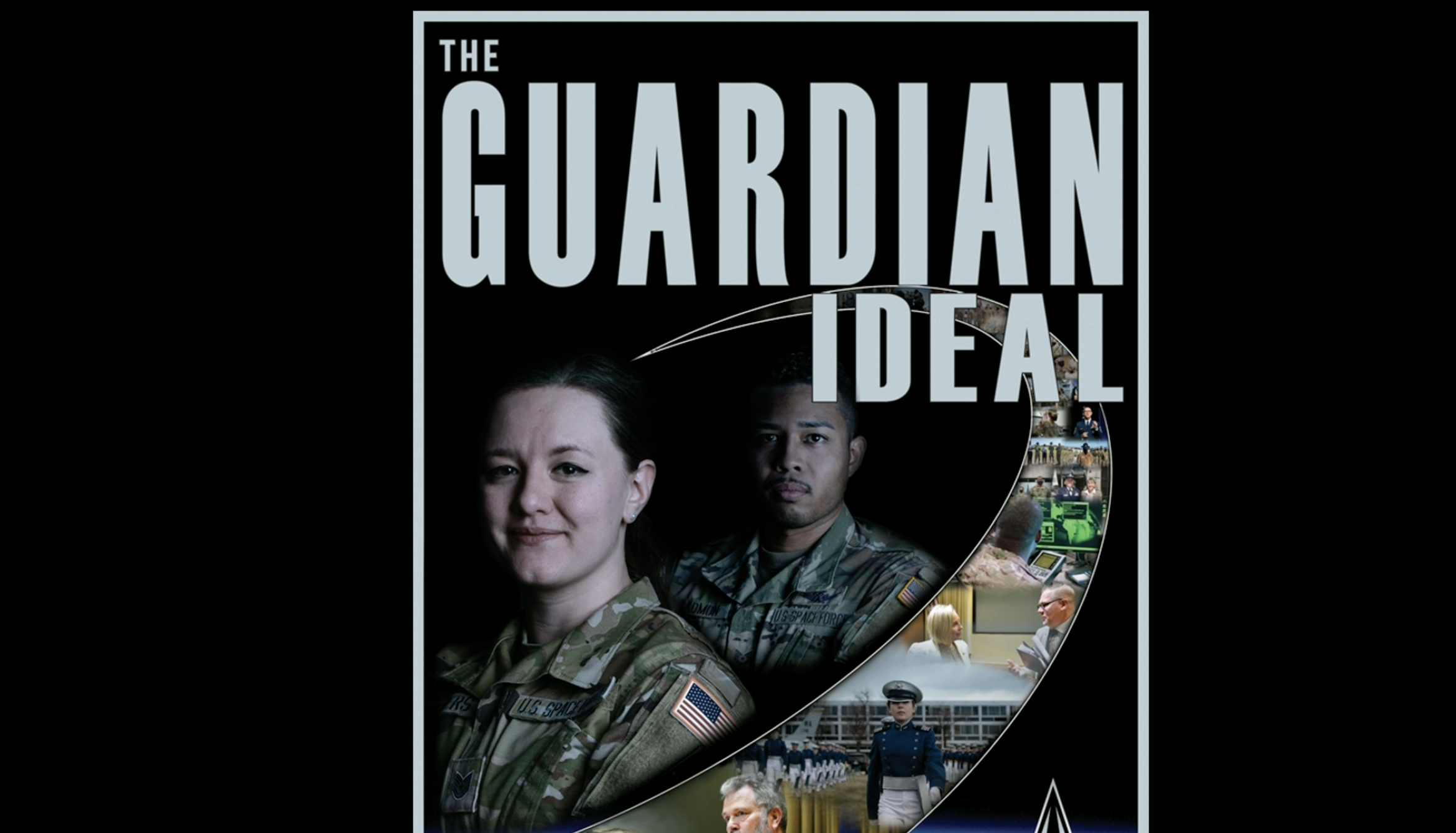Chief of Space Operations Gen. John Raymond unveiled the “Guardian Ideal” document Sept. 21 at the Air Force Association’s Air, Space & Cyber conference
NATIONAL HARBOR, Md. — The U.S. Space Force in a new document calls for a different approach to recruiting and retaining skilled personnel, arguing that service members and civilian workers should have more flexibility to make career choices than under the traditional military personnel system.
Chief of Space Operations Gen. John “Jay” Raymond unveiled the “Guardian Ideal” document Sept. 21 at the Air Force Association’s Air, Space & Cyber conference. During a keynote speech, he said the document is “aspirational” and is intended to highlight the service’s core values and goals for developing its workforce.
“We must think differently about talent management for the Space Force to be successful,” says the Guardian Ideal.
The Space Force needs to be technologically advanced to beat adversaries that are innovating fast and needs a highly capable workforce to make that happen, the document says.
“While all guardians will require a level of digital fluency to be successful, the Space Force also requires a cadre with mastery of digital competencies to include agile software development, software product management, product lifecycle management, data architecture, data analytics, cyber security, cyber defense and information technology infrastructure.”
These are skills that are also in high demand in the civilian economy so the Space Force needs a strategy to compete for talent. The Guardian Ideal calls for a “new talent management approach to tap into and build upon each person’s unique strengths.”
Raymond said guardians should be able to work full-time or part-time depending on their specific career paths. “They could go work for NASA, for private industry” and go back and forth, he said. That flexibility is not possible under the current military personnel system.
“This new talent management ideal is different from the current military and civilian human approaches, so support from both Congress and the Department of Defense will be necessary and crucial to enable it,” says the document.
Space Force leaders contend that existing models of military recruitment designed to bring in large numbers of people and train them in narrowly defined and limiting specialties is incompatible with the service’s needs.
The service is proposing a tailored approach to acquire new talent to “fill priority shortfalls wherever they may exist,” the document says. That may require exemptions and waivers from current service requirements.
Other highlights from the talent strategy:
- The Space Force must strive to become a truly digital service, which will require enhanced levels of digital fluency for every guardian.
- A cadre of “Supra Coders” will form the core of the Space Force’s software coders, data scientists and information technology experts that will lead digital efforts across the force.
- To attract and retain workers the Space Force will tailor policies and practices to create more equity and flexibility.
- The Space Force will invest in individuals where their interests, strengths, and potential intersect with the service’s current and future needs.
- The document includes a “Guardian Commitment” in support of four values expected of every guardian: character, connection, commitment, and courage.
